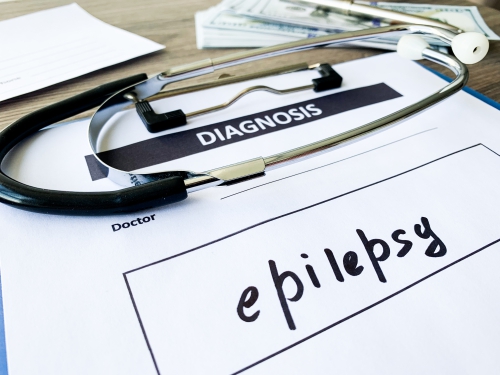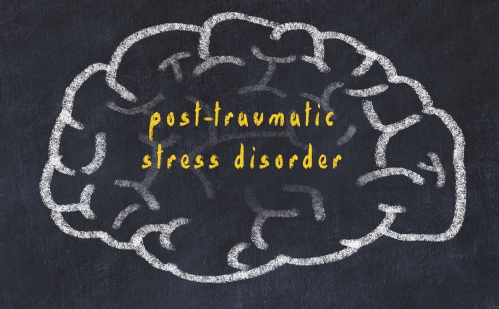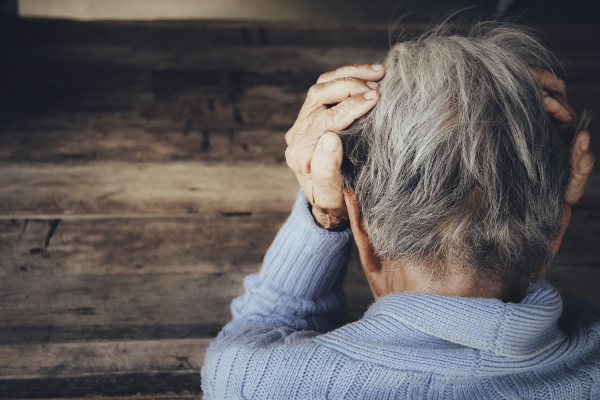What is schizophrenia?
Schizophrenia is a mental disorder in which there is distortion of reality. It can present with a combination of hallucinations, delusions, disorganized speech and thinking as well as behaviour changes. These symptoms are so severe that they impair normal functioning and various aspects of the person’s life.
There are several factors that are said to be associated with its onset. Psychosocial interventions in combination with medications can help to keep the condition under control and improve the quality of life of the individual as well as his/her surroundings.
Schizophrenia occurs all around the world. It most commonly starts during adolescence and is more common in men compared to women. It usually coexists with other mental disorders such as depression, anxiety disorder, post-traumatic stress disorder or alcohol and substance use disorder.
Causes and risk factors
The exact cause of schizophrenia is unknown. However, it is likely to be due to some disturbances in the connections found in the brain. It is thought to be a result of several interactions between genetic and environmental factors that affect the development of the brain. The dopamine hypothesis claims that most of the symptoms of schizophrenia arise from an excessive amount of dopamine which is a hormone which plays a role in how we feel pleasure. It also plays a role in your thinking ability and focus.

There are certain factors that put you more at risk of having schizophrenia. These include:
- Family history: Having family members with schizophrenia puts you more at risk of having it later in life too.
- Complications before or at birth: Certain obstetrical complications such as haemorrhage, premature labour, decreased oxygen to the baby or infections during pregnancy increases the likelihood that the child born may have schizophrenia when growing up.
- Cannabis consumption: Studies have shown that individuals consuming cannabis are more prone to have schizophrenia.
- Immigration: It has been observed that there is a higher number of people with schizophrenia among immigrants.
Signs and symptoms
Schizophrenia can occur at any age but is rare before puberty. Its peak age of onset is in the early twenties. Schizophrenia can present with varying symptoms that can be classified as the following:
- Positive symptoms
- Negative symptoms
- Cognitive symptoms
- Mood and anxiety symptoms
Positive symptoms refer to those manifesting as a distortion of reality namely:
- Hallucinations: Hallucination is when someone sees, hears or feels something that is inexistent. The most common type of hallucination experienced by people with schizophrenia is auditory hallucination. They mostly hear voices coming from inside their head while others can hear people talking among themselves when no one is around. Some people can even see human figures or body parts.
- Delusions: Delusion is when someone firmly believes in false beliefs that is resistant to change. They can be bizarre or non-bizarre. Bizarre delusions are not understandable, clearly implausible and have absolutely no possibility of being true. An example of a bizarre delusion may be someone thinking that aliens have cloned a new body for them and that he/she needs to take off her head so that his/her spirit can go into the new body. A non-bizarre delusion is one that it still not true but is understandable and has a possibility of being true. An example may be someone firmly believing that someone close to them is about to die.
- Disorganisation: People with schizophrenia can present with disorganised behaviour and/or speech. Their speech may not be coherent with a lot of disconnections in the speech pattern. Some people can even make up new words or make a word salad when speaking.

Negative symptoms can be seen as a decrease in normal processes in the brain. Some examples include:
- Decreased facial expression
- Lack of interest, enthusiasm or concern
- Lack of energy
- Social isolation
- Not taking showers or grooming
Cognitive symptoms are those reflecting how the normal functioning of the brain for daily tasks is impaired. These may include:
- Attention problems
- Memory problems
- Impaired reasoning
- Impaired comprehension
- Inability to solve problems

Depression and anxiety disorders are commonly found along with schizophrenia in some patients.
The signs and symptoms present in schizophrenia can also occur in other mental disorders or following substance abuse. It is therefore very important for your doctor to find out whether it is truly schizophrenia or any other underlying cause.
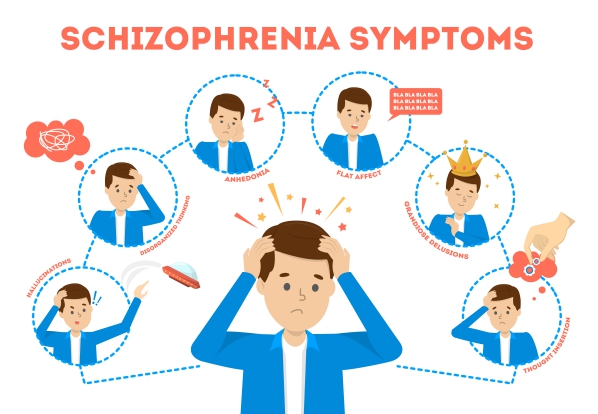
Making a diagnosis
There is no test available to diagnose schizophrenia. The diagnosis is made by ruling out other possible causes of the signs and symptoms such as substance abuse or any other medical condition. It will all start with a good history including a thorough psychiatric evaluation and a physical examination.
Other tests may be requested such as blood tests to screen for alcohol or any other illicit substance. In some cases, a computed tomography (CT) scan or a magnetic resonance imaging (MRI) may be requested to check for any structural abnormalities in the brain.
Treatment of schizophrenia
Once you have been diagnosed with schizophrenia, you will need lifelong treatment. Both medications and psychosocial interventions are useful in the management of schizophrenia. In some severe cases, hospital admissions may be warranted.
The use of medications is very important in the management of schizophrenia. Antipsychotics are the main drugs used and work by regulating the levels of dopamine in the brain. When this is achieved, the symptoms will regress and this will help to improve the general functioning of the individual. Different combinations of drugs can be tried till the most effective one is found.

Antipsychotics can be categorised as per the following:
- First generation antipsychotics: This type of antipsychotics often cause undesirable side effects that can even potentially be life threatening. Some examples include: chlorpromazine, fluphenazine, haloperidol and perphenazine.
- Second generation antipsychotics: these are newer antipsychotics and are associated with less side effects compared to the first generation. Some examples include: clozapine, risperidone, quetiapine and olanzapine.
- Injectable antipsychotics: Some antipsychotics are available in the form of injections and is preferred in people who do not want to take several pills or those who are less likely to adhere properly to the treatment prescribed. They are usually done every 2-4 weeks. Some examples include: aripiprazole, fluphenazine decanoate and haloperidol decanoate.
It has been shown that medications in combination with psychosocial interventions has more benefits than medications alone. The person who has schizophrenia along with his/her family can take part in a type of psychotherapy or counselling.
Depending on the cases, antidepressants or anti-anxiety drugs can also be used if the person has concomitant depression or anxiety.
In cases where the symptoms do not improve with medication and psychotherapy, or if the patient seems to be a threat for him/herself or others, electroconvulsive therapy may be used.
Complications of schizophrenia
It is important to treat schizophrenia as it can cause severe impairment in the daily life of the affected individual. Some complications of schizophrenia are as follows:

- Depression
- Suicide
- Alcohol or illicit drug abuse
- Unemployment
- Aggressive behaviour
- Complications from the side effects of the treatment for schizophrenia
Prognosis
The course of schizophrenia varies from person to person. Around 15-25% of people with the condition will completely recover while around 70% will have relapses. 20% may unfortunately remain severely disabled. The earlier the treatment is started, the better the prognosis.
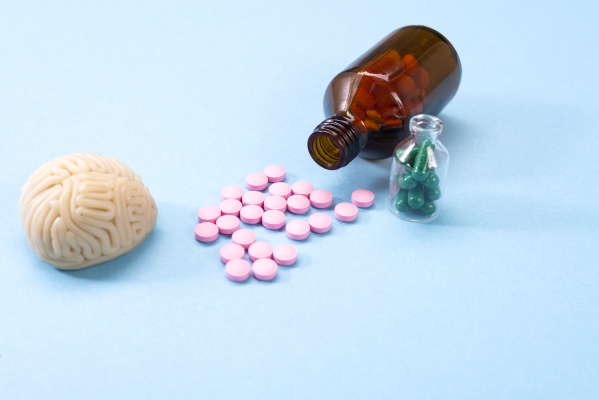
Source:
Fischer, B., and Buchanan, R., 2020. Schizophrenia in adults: Clinical manifestations, course, assessment, and diagnosis.
Fischer, B., and Buchanan, R., 2020. Schizophrenia in adults: Epidemiology and pathogenesis.
Stroup, T., and Marder, S., 2020. Pharmacotherapy for schizophrenia: Acute and maintenance phase treatment.


